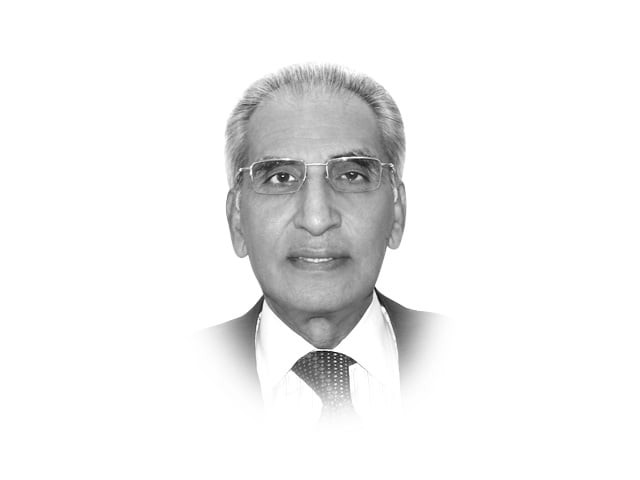Ripples in China’s placid waters
China has experienced unusual turbulence over transition of leadership in the party, relations with US.

Ripples in China’s placid waters
With both President Hu Jintao — who is also the Party General Secretary — and Prime Minister Wen Jiabao, set to retire on completion of their two five-year terms, the Party is finalising major changes. As a part of this process, current Vice-President Xi Jinping — likely to take both the top state and party positions — was put through the paces by being sent on a much-heralded official visit to the United States.
Just when it appeared that the transition was proceeding smoothly, the country was shocked to learn that Bo Xilai, the powerful party boss of Chongqing had been stripped of his post and, along with his wife, detained on a host of serious charges. His wife was also accused of complicity in the murder of a British businessman — a family friend and possible business associate. Children of distinguished Long Marchers, the couple was viewed as highly influential, while Bo’s forceful personality and campaign against corruption had made him a likely candidate for a seat on the Party’s all-powerful nine-member standing committee.
While still recovering from the reverberations of the Bo affair, China was hit by another crisis —this one from a little-known, blind political activist — Chen Guangcheng. His success in gaining refuge in the US Embassy threatened to inject a human rights issue in relations with the US, only days before Secretary Hillary Clinton and Treasury Secretary Timothy Geithner were to arrive in Beijing for the bilateral Strategic and Economic Dialogue.
At one point it was feared that China’s anger at “unacceptable interference by the US” may lead to the Summit being scuttled, but both sides chose to cool the rhetoric, with President Hu Jintao acknowledging that while “it is impossible for China and the US to see eye-to-eye on every issue, both sides must know how to respect each other”. The two sides discussed a host of issues, including North Korea and Iran, as well as economic matters, such as the renmenbi’s exchange rate. Clinton also made a reference to human rights issues, including the Chen case, but chose to tread cautiously lest she damage prospects of Beijing’s cooperation on issues of greater importance to the US. After all, human rights issues, especially when they concern China, have long been a happy hunting ground for US politicians, and Clinton herself had not failed to exploit it in the past. That it came to haunt her during her recent trip to China can only be viewed as poetic justice.
The compromise which envisages Chen leaving for the US on a student visa, along with his wife and children, demonstrates the Communist Party’s ability to overcome major obstacles and impediments — especially over the past 30 years — by adhering to Deng Xiaoping’s wise admonition to “cross the river by feeling the stones”. Nevertheless, the two episodes, though different in nature and content, had the potential of derailing the carefully choreographed leadership transition, while giving rise to a host of questions about the Communist Party’s domestic and foreign policies. While Bo’s downfall revealed major schisms and personality clashes within the inner sanctums of the Party, the Chen affair confirmed the Party’s continuing inability to handle protests by determined political dissidents.
The US would, however, do well not to seek to destabilise China, as cooperative relations between them are essential for global political and economic stability. But China too will have to appreciate that no US Administration can ignore human rights violations, unless they happen in Israel. In fact, both will need to demonstrate patience and skillful diplomacy to ensure that transient issues do not damage their vital relationship.
Published in The Express Tribune, May 9th, 2012.













COMMENTS
Comments are moderated and generally will be posted if they are on-topic and not abusive.
For more information, please see our Comments FAQ